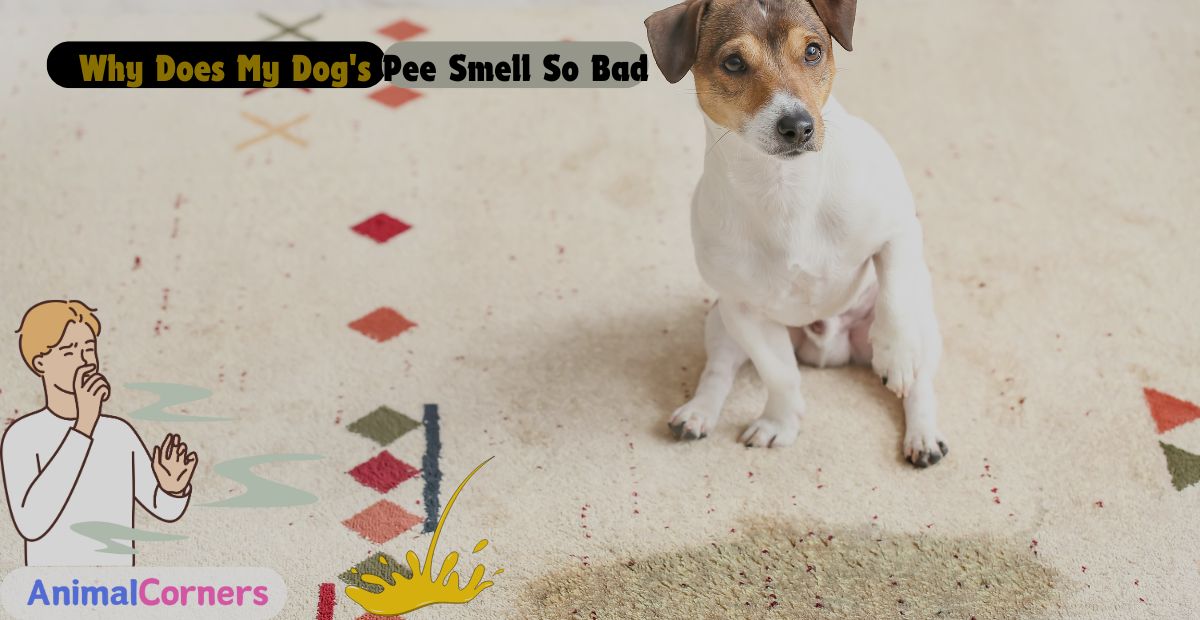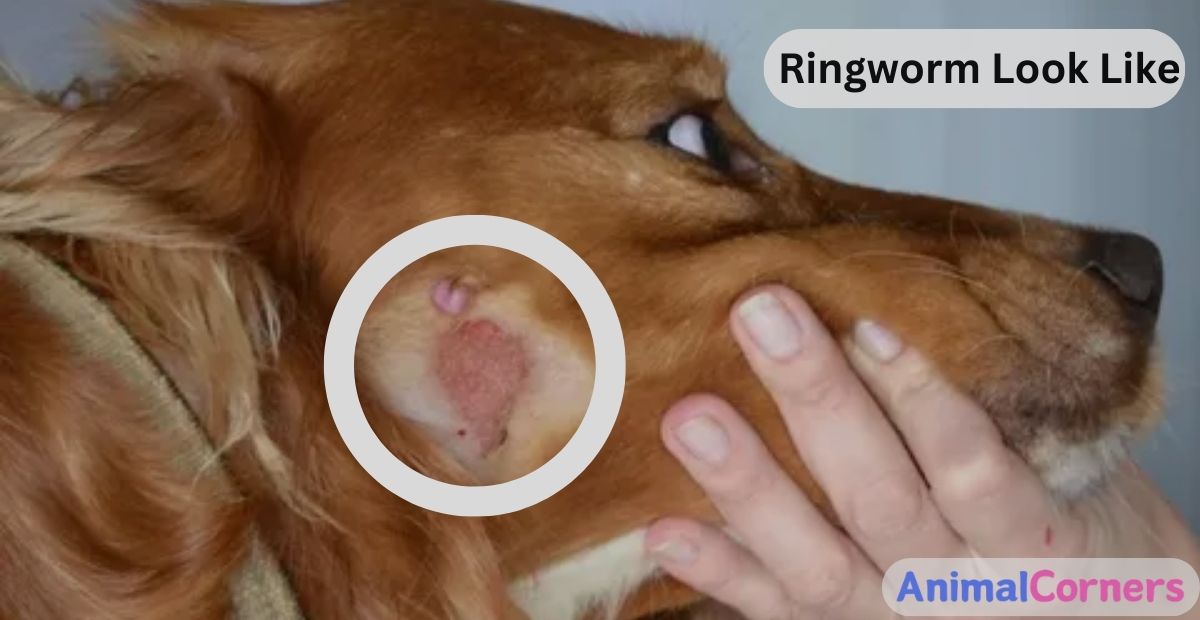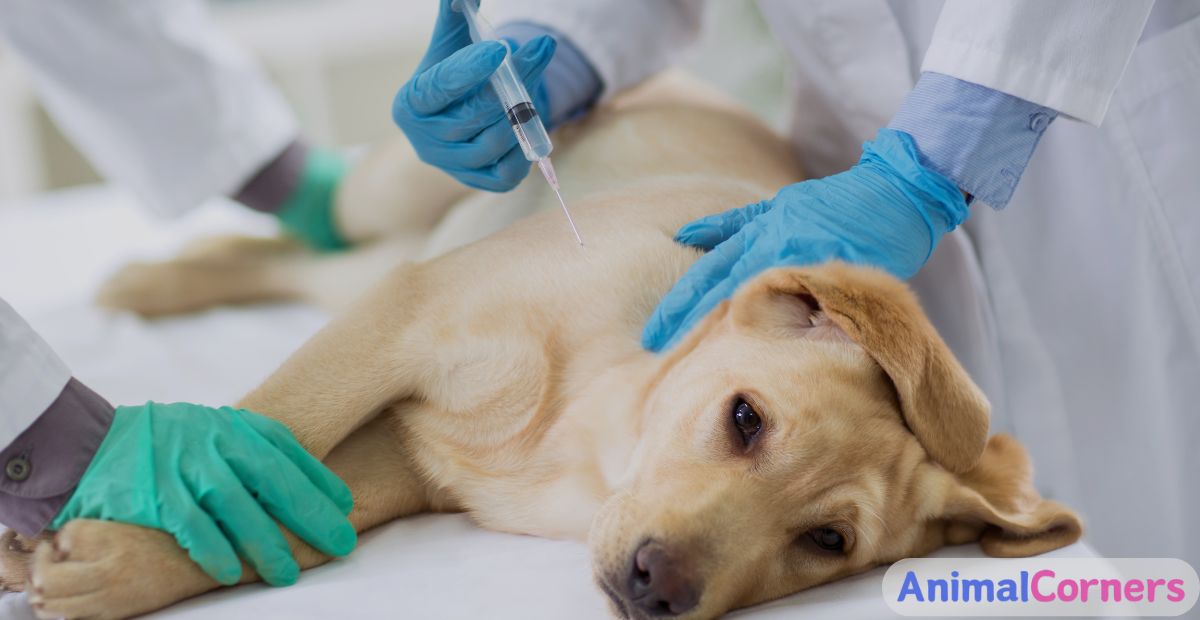Why Is My Puppy Breathing So Fast While Sleeping?

It’s common for new pet owners to worry when they notice their puppy breathing fast while asleep. This conduct, while alarming at first look, is often a regular part of a puppy’s sleep cycle. Why Is My Puppy Breathing So Fast While Sleeping Rapid breathing during rest can be credited to various harmless reasons, such as dreaming or the body’s way of regulating temperature.
This note helps as a brief overview of the subject, aiming to reassure pet owners that, in most cases, this is a typical occurrence and not directly indicative of health issues. Yet, it’s always wise to monitor any extra symptoms, or if the behavior persists, seek veterinary advice.
Normal Puppy Breathing Patterns
How does sleep affect these patterns?
Sympathetic typical breathing rates for puppies are crucial for new pet owners. A strong puppy might regularly breathe between 15 and 40 breaths per minute. However, this rate can significantly increase during sleep, often doubling pace. This increase is primarily due to the rapid eye movement (REM) sleep phase, where puppies are more likely to dream, leading to faster breathing.
Contrast with adult dog breathing rates.
When comparing these designs to adult dogs, it’s notable that they tend to have a more stable breathing rate, classically ranging from 10 to 30 breaths per minute, whether awake or asleep. This difference is due to their larger lung capacity and a more regulated sleep cycle.
It’s essential to remember these variations are typical, and observing your puppy’s breathing slow down as they transition from puppyhood to adulthood is a natural progression.
Why Is My Puppy Breathing So Fast While Sleeping: Common Reasons

Dreaming
Rapid Eye Movement (REM) sleep is when your puppy experiences dreams like humans. During REM sleep, you may notice your puppy twitching, moving their paws, or whimpering, all signs of being deep in a dream. It’s during this stage that the breathing rate increases rapidly.
This typical and healthy reaction indicates your puppy is getting restful sleep and their brain is actively processing and learning.
Temperature Regulation
Puppies manage their body temperature in various ways; one of the methods is breathing. When your puppy is hot, it might breathe faster to release excess heat through the moisture in its breath.
Similarly, their breathing rate may decrease in a more relaxed environment. This form of temperature regulation is more pronounced in puppies due to their less developed thermoregulatory systems than adult dogs.
Growth and Development
Puppies experience several growth spurts during their development into adulthood. These growth phases can temporarily affect their breathing rates, making it seem faster than usual. This is often because their bodies work hard to support their rapid development, requiring more oxygen and energy.
Pet owners must understand that these changes in breathing patterns are part of average growth and usually don’t indicate underlying health issues. However, monitoring other symptoms accompanying fast breathing is crucial to rectify potential problems.
See Also:-5 Signs Your Dog Needs Low Phosphorus Dog Food – Find Out Here
When to Be Concerned
Signs That Indicate a Need for Veterinary Attention
While it’s normal for puppies to breathe fast during sleep, sure signs should prompt pet owners to seek veterinary attention. It’s vital to detect your puppy’s conduct and breathing patterns during sleep and while they are wide awake. Persistent fast breathing when your puppy is awake can indicate underlying health issues that require professional evaluation.
Persistent Fast Breathing While Awake
If your puppy is continuously breathing rapidly even when they are not sleeping or after light actions, it could designate that they are stressed to get enough oxygen, or there might be a problem with their heart or lungs. This continuous fast breathing is especially concerning if it doesn’t slow down after periods of rest.
Accompanying Symptoms
- Coughing: A determined cough can mean various health issues, including infections, heart difficulties, or other breathing conditions.
- Wheezing: Wheezing or being stressed for breath is abnormal and indicates that your puppy may have an obstacle in its airways or other respiratory tasks.
- Lethargy: If your puppy is less active than usual, wastes time playing, or seems tired all the time, it’s a sign that they’re not feeling well. When combined with fast breathing, lethargy can be a pointer to illness.
Knowing these signs and acting promptly by checking with a veterinarian can guarantee that any possible health issues are addressed early, keeping your cherished pet healthy and happy.
Underlying Health Issues

Conditions That Could Cause Abnormal Breathing Patterns
Fast breathing in puppies, while often innocent, can sometimes signal underlying health issues that shouldn’t be discounted. Two main categories of conditions could cause strange breathing patterns: heart conditions and respiratory infections.
Heart conditions: A puppy with a heart situation may experience fast breathing because their heart struggles to pump blood efficiently. This incompetence can lead to less oxygen, causing the puppy to breathe rapidly to recompense. Conditions such as genetic heart defects (problems present at birth) or heartworm disease are examples that could affect a puppy’s breathing.
Respiratory infections: Just like humans, puppies can catch infections that affect their lungs and airlines, leading to fast, difficult breathing. Kennel cough, pneumonia, and canine influenza are everyday respiratory situations in puppies that can cause coughing, wheezing, and rapid breathing. These infections require prompt veterinary care to prevent more severe problems.
Being sympathetic to these potential health issues is vital for puppy owners. While not every case of fast breathing designates a severe problem, being anxious can significantly affect your puppy’s health and well-being.
Preventive Measures and Tips for a Healthy Sleeping Environment
Confirming your puppy has a comfortable and healthy sleeping environment is vital for good sleep quality and overall health. Here are simple stages you can take:
- Create a Comfortable Bed: Select a quiet, warm, and cozy spot for your puppy’s bed. Guarantee it’s away from drafts and not too hot. The bed should be soft and sized correctly so your puppy can stretch out or curl firmly.
- Maintain a Routine: Stick to a reliable routine for bedtime and waking up. This helps control your puppy’s internal clock and guarantees enough rest.
- Limit Pre-Bedtime Activity: Avoid full-of-life play or nursing your domestic dog properly before bedtime, as this may cause impatience and affect their aptitude to fall asleep.
- Ensure Proper Ventilation: Keep the slumbering area adequately ventilated. A room that’s too stale can make breathing hard, particularly for breeds susceptible to breathing problems.
When to Consult with a Veterinarian?

It’s important to know when a visit to the vet is needed. Here are strategies to help:
- Persistent Fast Breathing: If you notice constant rapid breathing over several days, mainly when your puppy is awake and not freshly active, it’s time to see the vet.
- Difficulty Breathing: Any signs of labored breathing, like heavy panting, wheezing, or struggling for breath, license instant veterinary attention.
- Change in Behavior: Lethargy, indifference in play, or not behaving as usual can designate underlying issues. If these are attended by fast breathing, consult your vet.
- Other Symptoms: Symptoms such as a determined cough, fever, or nasal release, along with rapid breathing, are red flags that should quick a vet visit.
Being active about your puppy’s health by creating a supportive sleeping environment and knowing when to seek professional advice is pivotal in guaranteeing your furry friend grows up to be a solid and happy dog.
FAQs
Why does my puppy breathe so fast while sleeping?
Fast breathing during sleep is typically normal and can be attributed to thoughts or rapid eye movement (REM) sleep. However, consistently fast breathing can signal health issues.
How can I tell if my puppy’s fast breathing is a problem?
Be careful about signs such as continuous fast breathing while awake, struggling breathing, lethargy, coughing, wheezing, and unusual behavior. These symptoms, incredibly if persistent, may indicate a health concern.
What should I do if I notice my puppy breathing rapidly?
If the fast breathing is chance and returns to normal, it’s likely not a concern. For continuous fast breathing, difficulty breathing, or any accompanying concerning symptoms, consult your veterinarian as soon as possible.
Can a puppy’s sleeping environment affect its breathing?
Confirming your pup’s sleeping place is snug, at a suitable temperature, and well-ventilated can assist in stimulating a healthier respiratory.
How often should I take my puppy to the vet for check-ups?
Regular check-ups are crucial. Puppies need more frequent vet visits for vaccinations and nursing during their first year of growth and development. After reaching adulthood, annual wellness exams are recommended to maintain their health.
Are there specific breeds more prone to breathing issues?
Brachycephalic breeds, like Bulldogs, Pugs, and Boston Terriers, with their shorter muffled passages, are more disposed to breathing problems.
Can exercise affect my puppy’s breathing?
Workout is vital for your puppy’s health but can lead to momentary fast breathing. It is essential to monitor their action level and ensure they have time to rest and recuperate.
Conclusion
In summary, it’s natural for puppies to breathe fast sometimes, mainly when sleeping or after playing. However, as a puppy parent, it’s vital to watch for signs that might indicate something more thoughtful, like constant fast breathing, struggle breathing, or changes in behavior. Health conditions affecting their heart or lungs could be the cause, so understanding these signs is critical.
Making a warm, comfortable sleeping area, sticking to a routine, and confirming a calm environment can all help promote better sleep and healthier breathing.
Most highly, regular check-ups with the vet play a crucial role in the custody of your puppy’s health. These visits can catch possible matters early and keep your furry friend on the right track near a long, happy life.
Always remember, when it comes to health, it’s better to be safe and get that vet visit in!




